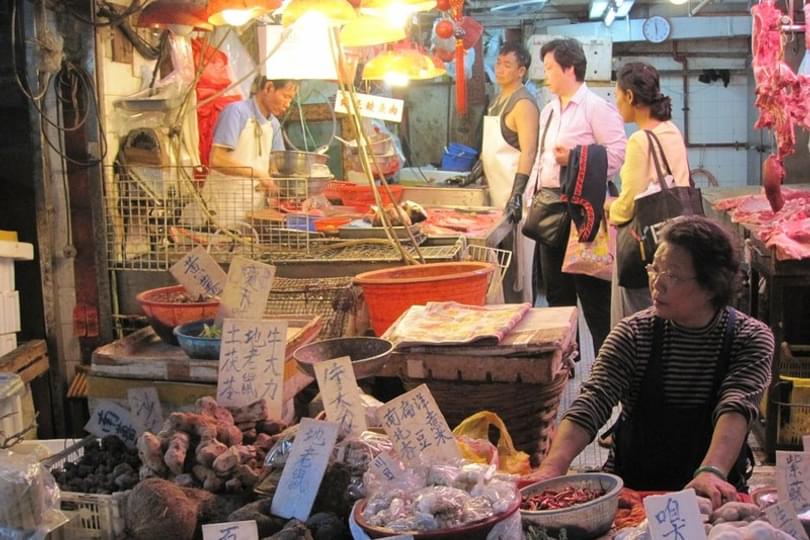
The China Kadoorie Biobank (CKB) study, jointly coordinated by the University of Oxford, Chinese Academy of Medical Sciences, and Peking University (China), includes over 0.5 million adults aged 30-79 who were recruited from the general population in 10 geographically defined regions of China (5 urban and 5 rural).
These regions were chosen according to local disease patterns, exposure to certain risk factors, population stability, quality of death and disease registries, and local commitment and capacity. The CKB involves a detailed baseline survey of study participants with extensive data collection by questionnaire, a range of physical measurements, and collection and storage of blood samples. During the questionnaire survey, detailed information was collected from each participant, including demographic and socio-economic factors, smoking, alcohol and tea drinking, diet, physical activity, pre-existing diseases and related medication, indoor air pollution now and in the past, reproductive history (women), and sleeping and psychological status. This talk presents the diet- and nutrition- related data available in the CKB and what kind of research has been performed so far.
This event is part of a series of talks organised by the Oxford Martin Programme on the Future of Food
Speaker:
- Dr Huaidong Du, Nuffield Department of Population Health, University of Oxford
For more information please contact futureoffood@oxfordmartin.ox.ac.uk